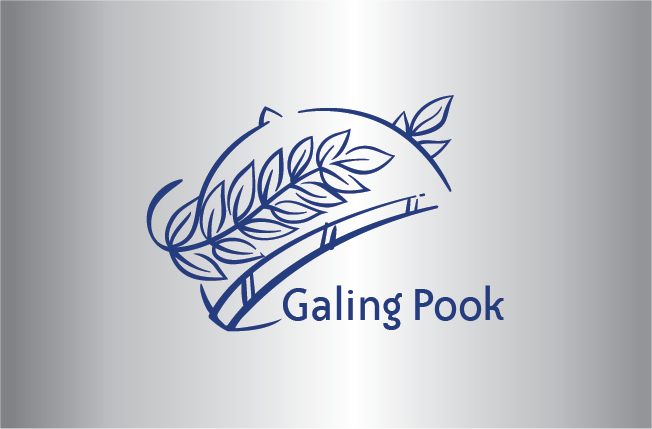
GrowQC: Kasama ka sa Pag-unlad sa Pagkain, Kabuhayan, at Kalusugan Food Security Program
Quezon City
2021
GrowQC is a collaborative approach on city-level food security involving a community-based participatory program platform. It is a flexible and adaptable program that facilitates the promotion of sustainable food systems and collaboration of relevant stakeholders towards nutritious, accessible, and available food for all. The program aims to ensure availability, access, stability, and utilization of food, as well as promote the consumption of nutritious food and improve the mental health of QC citizens. Aside from these, it also aims to augment and complement livelihood and economic recovery of supply chains, empower communities towards a nutrition positive environment, and source locally to support the city’s own urban farms. Lastly, the program aims to create inroads for climate adaptation and new normal practices for QC food production and processing, and build and cultivate partnerships for food security and nutrition sustainability locally and internationally.
As part of the city’s COVID-19 recovery plan, the GrowQC Food Security 7-Point Action Plan was created to boost the city’s decade long urban farming program through a robust urban agriculture expansion and the enhancement of the city’s food systems. The 7-Point Action Plan consists of urban agriculture which includes (1) vegetable nurseries and seed starter kits, (2) community model farms/gardens, (3) aquaculture, and (4) feeding programs; as well as food trade and processing comprised of (5) food trade, (6) agri-industrial zones, and (7) food processing zones. This mitigated the prevailing problems of both hidden and real hunger, low household income, and health risks, which rapidly worsened due to the COVID-19 pandemic leading to a higher level of food insecurity.
Within over a year of execution, GrowQC has yielded positive results in engaging existing and new communities. One of the program’s key players is the New Greenland Urban Farm in Barangay Bagong Silangan. It helped 77 pandemic displaced workers by turning them into urban farmers which gave them an opportunity to earn a living. The program also provided city-wide distribution of meals and vegetables sourced from the farms which helped alleviate hunger in the city.
The program’s innovation focused on turning idle lands and vacant spaces to productive urban gardens and farms linked to the city’s feeding and nutrition program. The increased production or harvest is now enough for both household consumption and for food trading and processing. Urban farms also promote a circular economy. They embody a “farm to table” and “waste to energy cycle” as well as cooperative development and value-adding/market access activities that model “sustainable city” living.
As of August 2021, the program was able to make productive at least 342,134 sqm of land, with 303 urban gardens and seven community model farms. It was able to create 2,238 urban farmers, through the distribution of 52,374 seed starter kits and seedlings. The farm to feeding component of the program was able to serve 1.77M hot meals and was able to support 28 tons of food trade (vegetables, fruits, rice, eggs, fish and meats) through the government’s KADIWA program.
GrowQC is showing great potential for scaling up. A good example is the New Greenland Farm to become the first Urban Farmers Cooperative. After four harvest cycles since January 2021, they have had a gross revenue of PhP 282,760. Twenty-seven percent (27%) of this was saved for future needs of farmers in case of a rainy day. Earnings from the farms are divided among the urban farmers, thus providing not only food on the table but additional income as well.
In order to sustain the program, the Sustainable Development Affairs Unit was established, acting as the secretariat and support to the continuing expansion and success of the GrowQC food security initiative.


